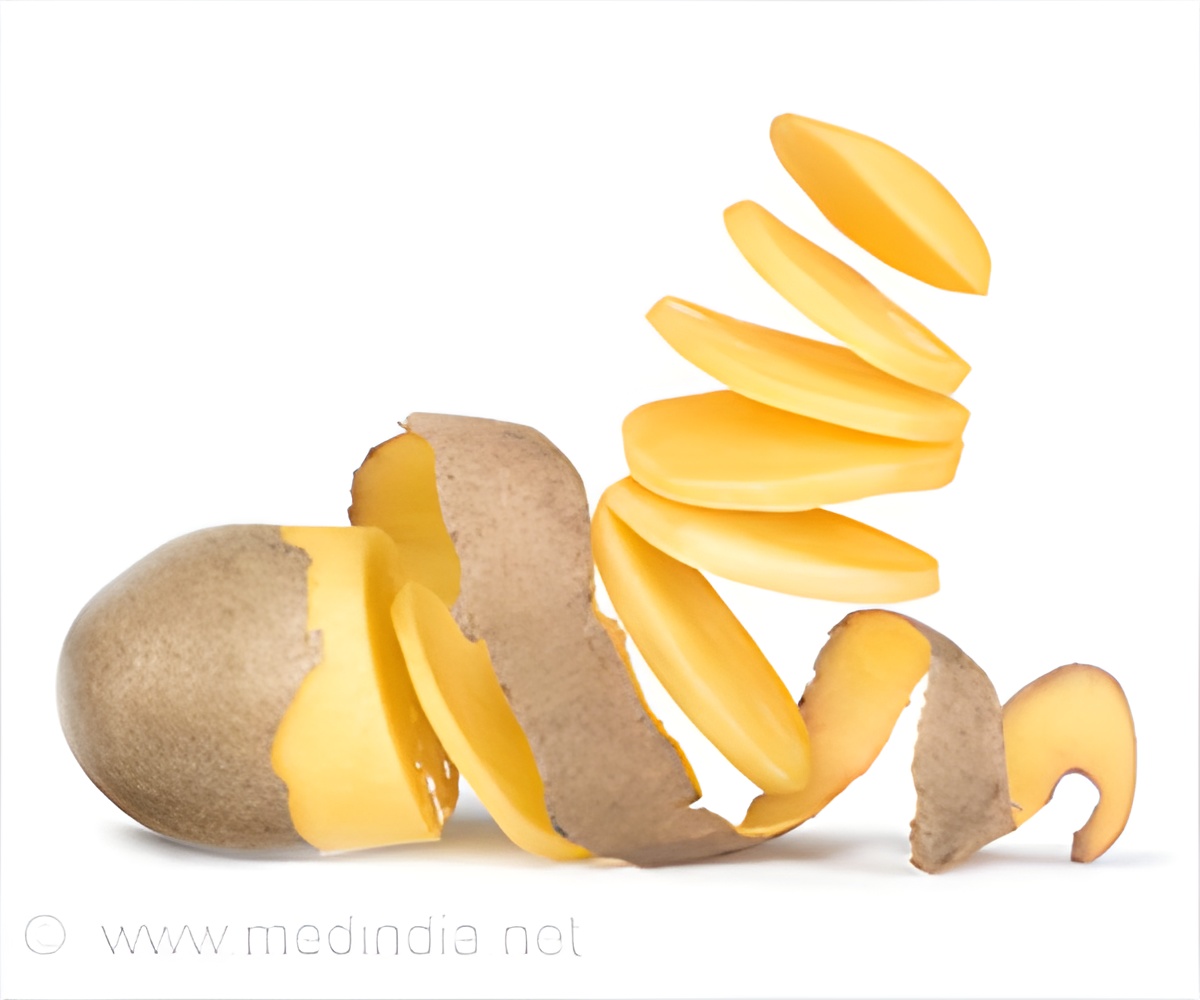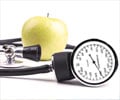Potatoes are rich in potassium, which lowers blood pressure. But, high potato consumption is linked to an increased risk of developing hypertension in adults.

- High consumption of potato increases the risk of hypertension in adults.
- Potatoes have a high glycemic index that increases the blood sugar levels rapidly.
- Baked, boiled and mashed potatoes increase the risk of blood pressure in women but not in men.
The study participants were given a questionnaire to collect the information of hypertension diagnosed by a healthcare provider. The questionnaires were completed and returned every two years. Similar questionnaires were given to the participants to update the dietary intake of each food including potatoes for every four years. The questions asked about the potatoes were: baked, boiled or mashed potatoes (either one potato or one cup), French fries (one serving) and potato chips (one small bag).
The findings of the study showed that participants who reported the intake of four or more servings a week of baked, boiled or mashed potatoes, had an 11 percent higher risk of developing hypertension when compared with participants who consumed one or less than one serving a month.
High consumption of French fries was found to increase the risk of hypertension. However, high consumption of potato chips was not associated with an increased risk of hypertension. Participants who reported consumption of four or more servings a week of potato chips had a lower risk of developing hypertension.
Moderation is the Key
Potatoes should not be eliminated entirely from the diet as they are good sources of potassium, dietary fiber, vitamin C, and vitamin B6. Instead of avoiding potatoes, reducing the frequency of consumption and controlling portion sizes might help lower the risk of hypertension. Cooking potatoes in a healthy way by changing the cooking method or adding protein or healthy oil can reduce the disease risk. Herbs can be included to potato dishes to reduce salt intake as well as enhance the flavor.The authors of the study suggested that replacing one serving a day of potato dishes with one serving of a non-starchy vegetable such as broccoli and cauliflower can lower the risk of developing hypertension by 7 percent.
- The study participants self-reported a diagnosis of hypertension, and direct blood pressure measurements were not obtained.
- Data collection using a questionnaire is an imperfect way of tracking potato consumption for over a long period of time.
- Potatoes are often eaten with butter, cream and salt. High sodium intake could have also contributed to the risk of hypertension.
- The study focused only on the potato intake and failed to look at a person’s overall diet.
Potato Intake and Incidence of Hypertension; Lea Borgi, Eric B Rimm, Walter C Willett, John P Forman; BMJ 2016;353:i2351















